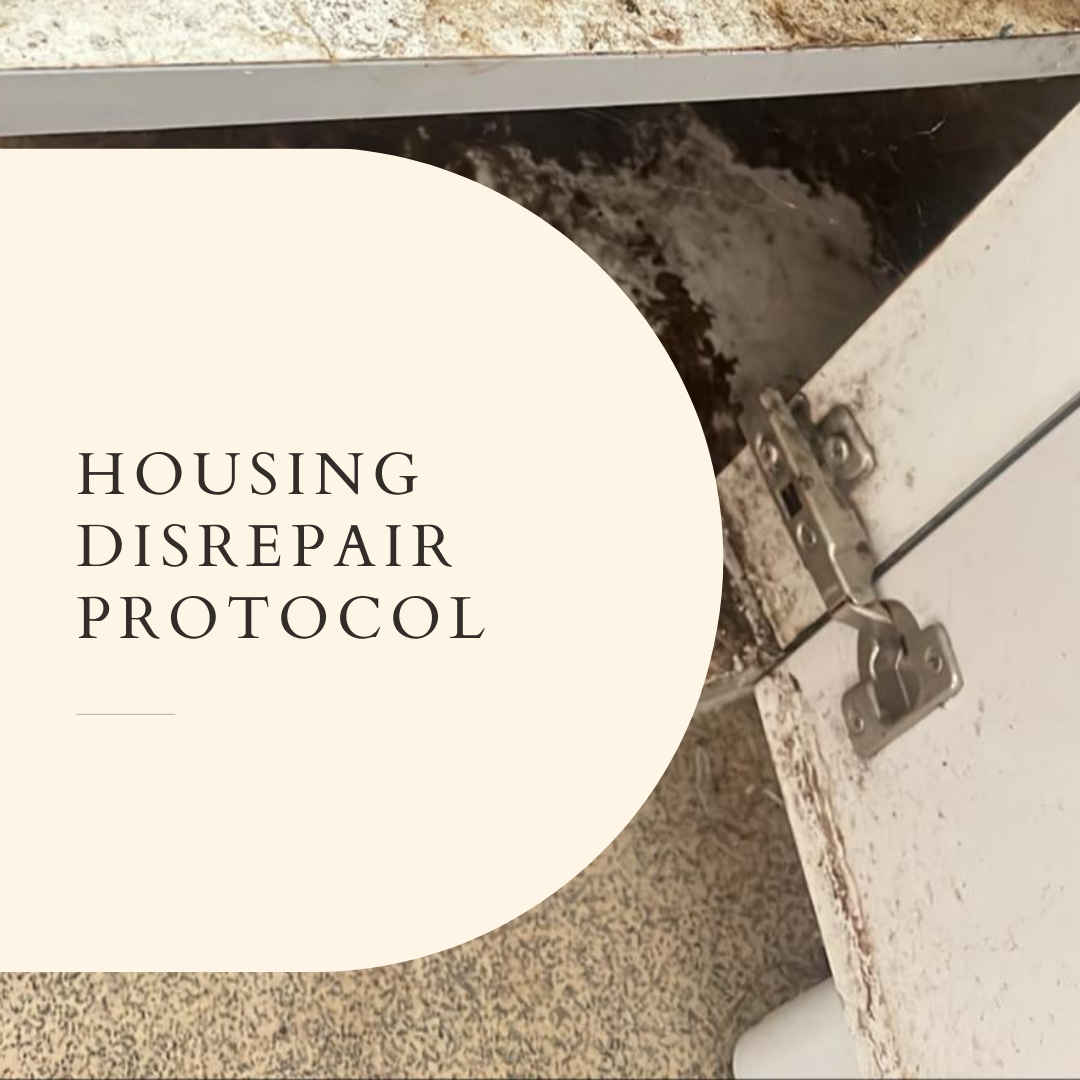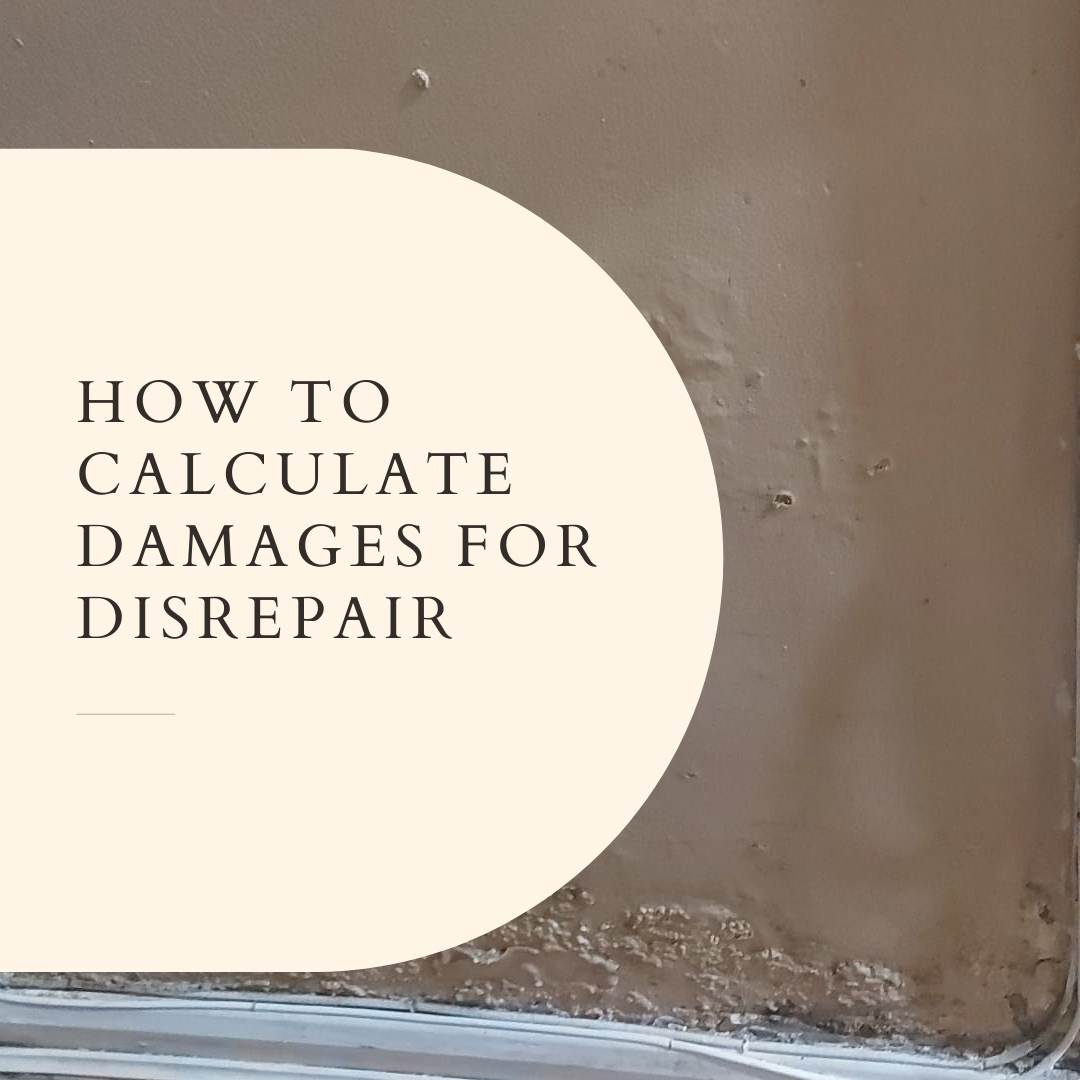Housing disrepair protocol. As a tenant, you have the right to live in a safe and habitable home. If you’re experiencing issues with your rental property, the Housing Disrepair Protocol may be able to help. In this blog post, we’ll explore what the Housing Disrepair Protocol is and how it can benefit you.
What is the Housing Disrepair Protocol?
The Housing Disrepair Protocol is a set of guidelines that outlines the responsibilities of landlords and tenants when it comes to repairing rental properties. The protocol was developed by the Ministry of Housing, Communities and Local Government in collaboration with legal experts, housing associations, and tenant advocacy groups.
The protocol covers a wide range of issues, including damp and mould, leaking roofs, faulty plumbing, and inadequate heating. It sets out a clear process for landlords and tenants to follow when addressing these issues, including the steps that should be taken to assess the problem, the timeframe for repairs, and the consequences of non-compliance.
How does the Housing Disrepair Protocol work?
Under the protocol, tenants are required to report any issues with their rental property to their landlord in writing. Landlords must acknowledge the issue within a specified timeframe and arrange for an inspection of the property to assess the extent of the damage.
If repairs are required, landlords must arrange for them to be carried out within a reasonable timeframe, taking into account the severity of the issue and any practical constraints. Landlords are also required to keep tenants informed of the progress of the repairs and any delays that may occur.
If a landlord fails to comply with the protocol, tenants may be able to take legal action to force them to carry out the necessary repairs. This may include seeking compensation for any damages or expenses incurred as a result of the disrepair.
Why is the Housing Disrepair Protocol important?
The Housing Disrepair Protocol is important because it helps to ensure that tenants have access to safe and habitable housing. By setting out clear guidelines for landlords and tenants to follow, it helps to prevent disputes and ensures that repairs are carried out in a timely and efficient manner.
The protocol also provides tenants with a clear process for addressing issues with their rental property, which can help to reduce stress and anxiety. This is particularly important for vulnerable tenants, such as those with disabilities or mental health issues, who may be more susceptible to the negative effects of poor housing conditions.
In conclusion, it’s a crucial tool for ensuring that tenants have access to safe and habitable housing. If you’re experiencing issues with your rental property, it’s important to familiarise yourself with the protocol and to take action to ensure that your rights are protected.


